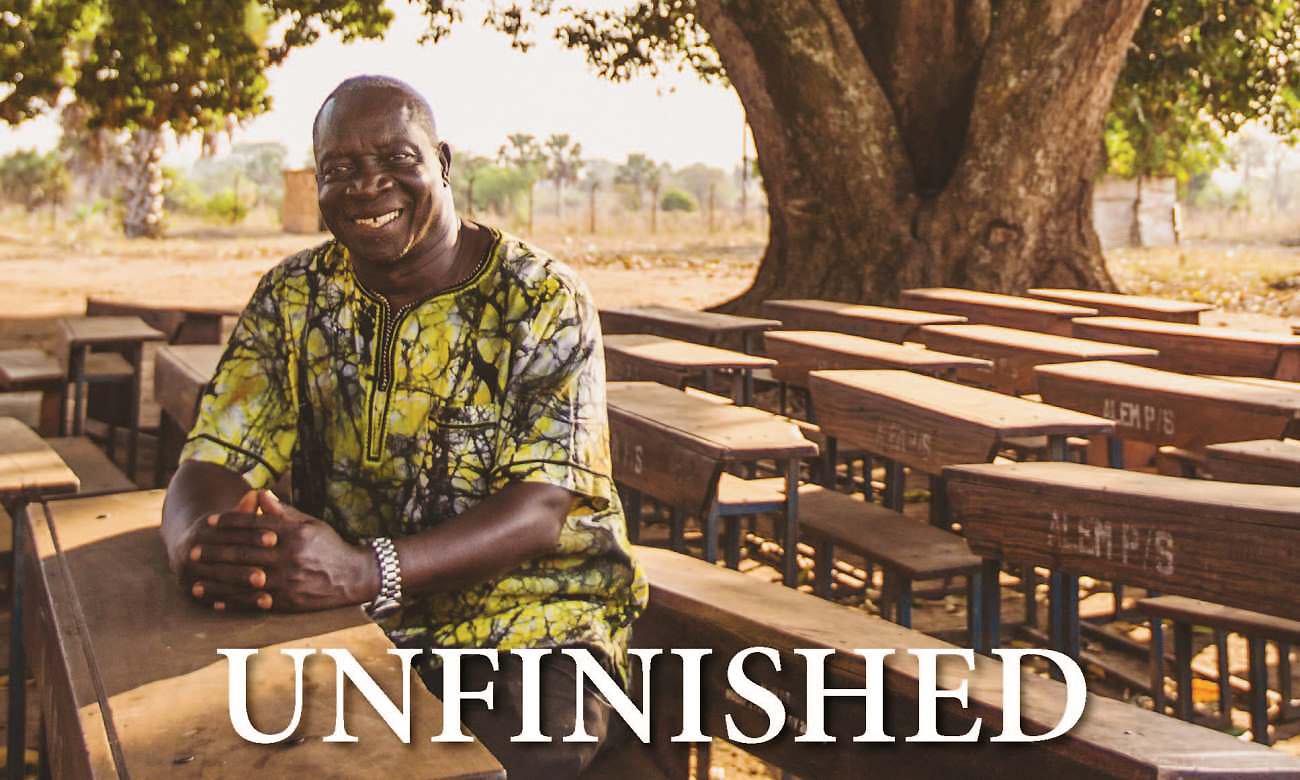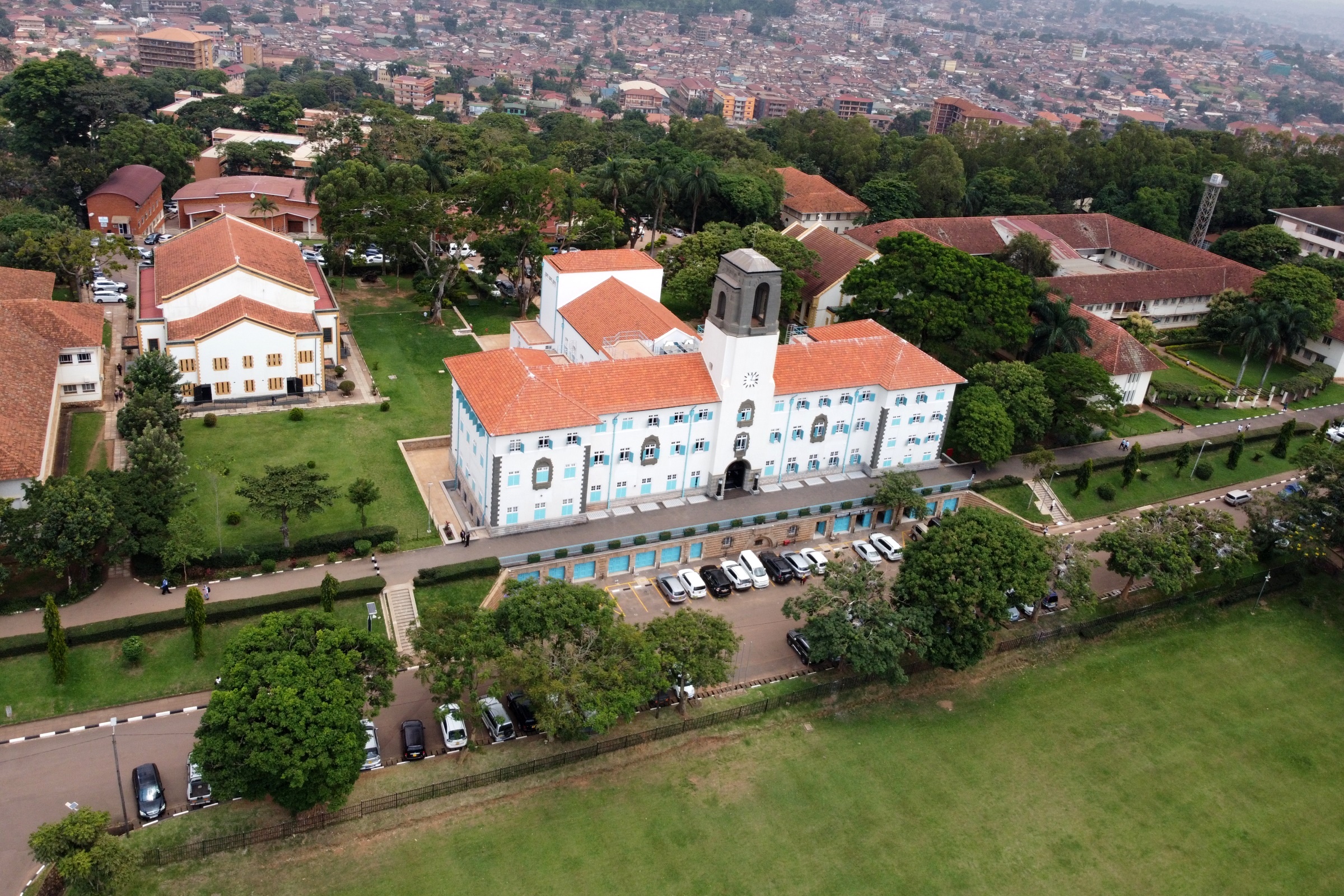To motivate any Ugandan person to strive in their education, there is only one household name that needs mention: ‘Makerere University’. Occasionally, students from Makerere would visit us at Namilyango College, and you could see their pride. How I wanted to become one of them! All of my teachers at Holy Angels and Namilyango, and possibly even in primary school too, had charmed and inspired us with stories of this great institution, and held out the possibility that, with hard work and good marks, we too might one day reach this great beacon of learning, opportunity and enlightenment. There was such drive from all of our teachers: ‘Don’t spoil our record. You must work hard and go to Makerere.’ Indeed, attending Namilyango, one of the country’s top schools, I had always known that I would most likely go to Makerere.
So, Makerere was always my dream. But finally reaching that pinnacle for me felt almost an anticlimax.
Although I had performed very well in my O Level exams, my results in the university entrance examinations were lacklustre. The newspaper published a list of the national examination results, however, and my whole village was in uproar. My name was at the top of the list! It was not because my results were brilliant, as my clan mistakenly believed, but because Adipala topped the alphabetical list of names. Next to my name were those proud initials: ‘NGO’, for Namilyango. Even when I went to the university, many people knew me already as that boy at the top of the list from NGO.
Naturally, my first choice was to study medicine because, in the mindset we were brought up with at school, this represented the pinnacle of achievement. In our education system and our communities, there was pride in becoming a medical doctor. But I had not performed well enough to get into the medical school at Makerere, and was instead admitted into the Faculty of Agriculture.
I had also applied for a British Commonwealth Scholarship and, through that, had been admitted to the school of medicine at the University of Ibadan in Nigeria, as well as to one of the southern African universities, perhaps in Lesotho or Botswana, to study veterinary medicine. I was planning to go to Ibadan, but the academic year started earlier at Makerere than it did in Ibadan, so I decided to join the first few weeks of the programme at Makerere, although it was never really my intention to train as an agriculturalist.
I joined the faculty of agriculture at Makerere as an under-graduate in 1973. Arriving on the campus, even though I was not interested academically, I couldn’t help but be infected by the general buzz in the atmosphere, just thinking about where I was! We freshers had long been anticipating this; to find ourselves here was the attainment of a dream that had been nurtured over the years by our school teachers and held up as the ultimate achievement. The world was now opening up to us, and anything was possible. The class itself was not the striking thing. It was more about coming of age, leaving school behind, meeting all the other girls and boys, my fellow Makerereans, and stepping forward on the path of life.
All that changed with the first class we had, which was mycology: the study of mushrooms. It was one of the most beautiful classes I have ever attended. We looked at infected plants under the microscope, examining the cellular patterns of the fungi, and the infected plant tissues. Our lecturer, Prof. Alphonse Emechebe, speaking in a musical Nigerian accent, related the fungi to our bodies as well. I could only compare his teaching to that of Mr. Epau in Primary 6. Tapping his toe on the floor to emphasize his points as he spoke, his musical voice echoing in the wood-panelled first-year lecture room, this plant pathologist and mycologist engaged everybody in the class. He was teaching a difficult subject but he made it exciting, and animated our minds with examples we could all relate to: the ringworm that itches in your hair as a child; the fungal diseases that can spread to your testicles and feet. He drew connections between things: ‘The fungus you are looking at is both edible, as in the mushrooms you eat, and can cause disease.’ Learning all the taxonomies and the Latin scientific names got me excited. I loved his approach to teaching, and his passion for his subject was infectious. This man loved what he was doing. Because of this teacher, I decided to remain at Makerere and do agriculture, and I have never regretted it…
Click here for the full version of Prof. Adipala Ekwamu’s new publication; Unfinished Journey, Memories of the road travelled

 General2 weeks ago
General2 weeks ago
 General6 days ago
General6 days ago
 General2 weeks ago
General2 weeks ago
 Natural Sciences7 days ago
Natural Sciences7 days ago
 Agriculture & Environment4 days ago
Agriculture & Environment4 days ago



